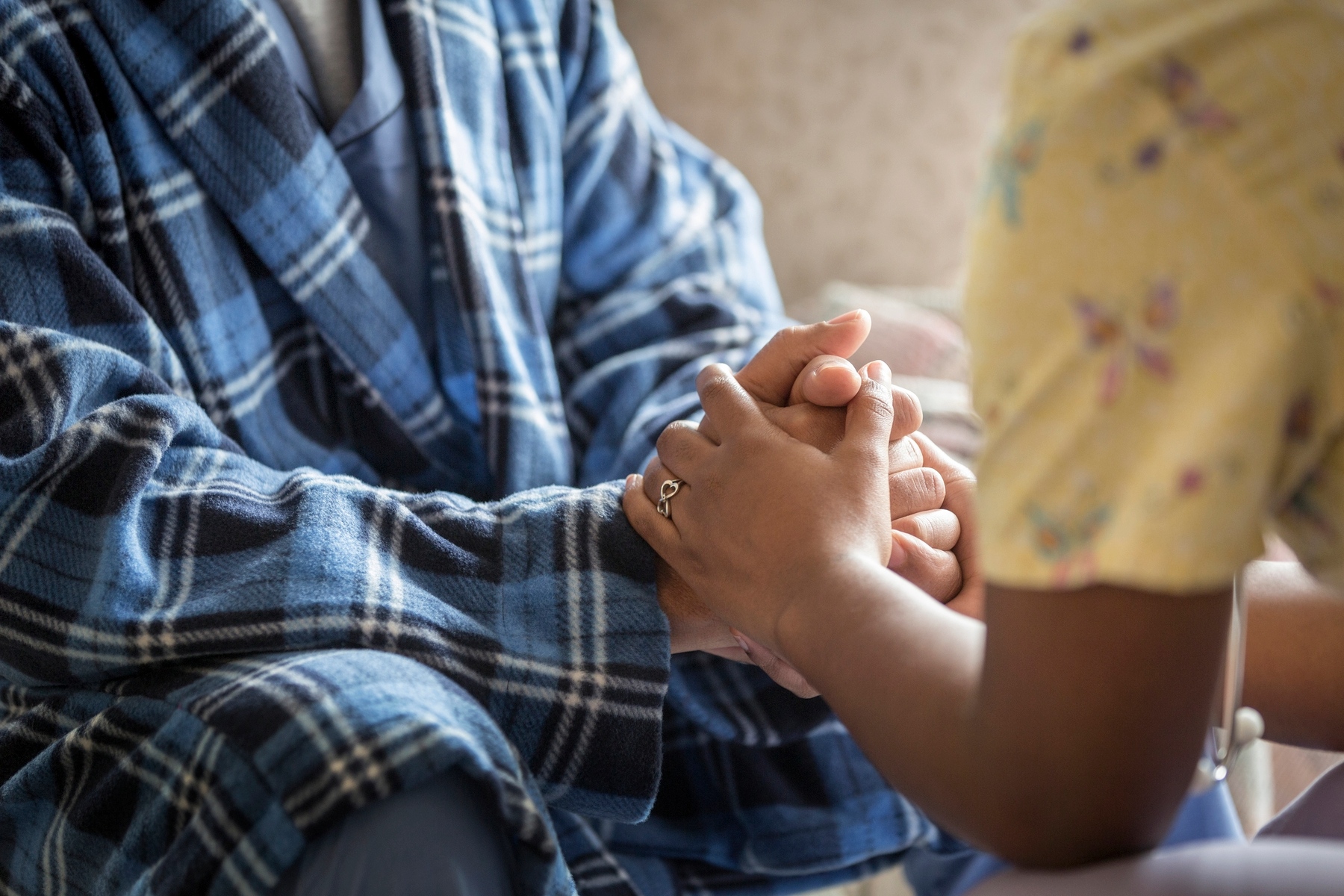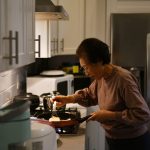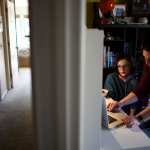A growing number of Americans — more than 63 million, or nearly 1 in 4 — have served as a family caregiver for a loved one in the past year. The figure is a jump of 20 million Americans compared to a decade ago, according to findings released Thursday by AARP and the National Alliance for Caregiving (NAC).
The surge is due to a confluence of factors, including Americans living longer but in some instances, in poorer health. That is requiring more people to engage in the work of family caregiving. There is also a growing recognition of who is a family caregiver — or a person providing care to an adult or child with a complex medical condition or disability, often without pay.
The report finds that these caregivers are managing financial risks, their own poor health and isolation. As in a previous iteration of the survey, roughly 60 percent of family caregivers are women. Women, LGBTQ+ caregivers, and those who felt they had no choice in becoming caregivers are significantly more likely to report feeling alone.
“We need systems that see caregivers, value them and support them — because they are not just helping families, they are holding up our entire health care system,” said Dr. Myechia Minter-Jordan, CEO of AARP. “This impacts all of us because most of us will be a caregiver or need one at some point in our lives. And too often, people don’t realize that they are a caregiver until they’re already overwhelmed and unsupported.”
Nearly half of caregivers say they face major financial consequences because of their growing responsibilities. They’re draining savings, falling into debt or struggling to afford basic needs like food and housing. One in 5 report that their own health is fair or poor.
The “Caregiving in the U.S. 2025” report, which surveyed nearly 7,000 caregivers nationwide, also finds nearly 1 in 3 family caregivers are part of the “sandwich generation” of caregivers who raise children while simultaneously caring for adults in their lives.
“This dual responsibility is a recipe for burnout and requires solutions that recognize caregiving happens across the lifespan,” said Jason Resendez, CEO of NAC. “It’s time to recognize and value this continuum of care that we all experience and benefit from, and the responsibilities themselves are becoming more complex and more intensive.”
During a media call Thursday, AARP and NAC shared the story of Alma Valencia, a woman from Pasadena, California, who has cared for her mother for the past 10 years. Valencia’s mother has dementia. Valencia said she eventually left her career to become her mother’s full-time caregiver. That meant losing a stable salary and benefits, and isolation.
“Like so many others, I didn’t plan for this,” she said. “I stepped into the role because someone I love needed me.”
The report shows 65 percent of family caregivers now help with at least one activity of daily living, including intimate tasks like bathing, dressing and feeding. Over half say they’re performing complex medical and nursing tasks that once primarily took place in clinics and hospitals, including administering injections and managing medical equipment. But only 11 percent of family caregivers say they’ve received training for basic caregiving tasks — and just 22 percent get any training for complex medical and nursing tasks.
Both AARP and the National Alliance for Caregiving are calling for federal policies that include national paid family and medical leave, a federal tax credit to bring relief to out-of-pocket costs and greater access to respite care, training and support services, as well as stronger workplace protections that recognize caregiving responsibilities.
These organizations have been advocating for these policies in joint reports for years, but now they come amid a changing federal landscape. President Donald Trump this month signed a tax and budget law that is estimated to cut federal Medicaid spending by more than $900 billion over 10 years. Nearly eight million family caregivers rely on Medicaid for their own health care coverage, according to Resendez.
Resendez said advocates are seeing progress at the state level, with several establishing paid family leave policies or advancing caregiver tax credits and long-term care insurance programs.
“This is an issue that continues to build strength and visibility, and this report helps to put numbers behind the urgency for that continuing, and for translating that into solid action,” he said.
Feeling overwhelmed by the news? The 19th is considering new ways to keep you informed. But we need your input. Fill out this quick survey to share your thoughts.






